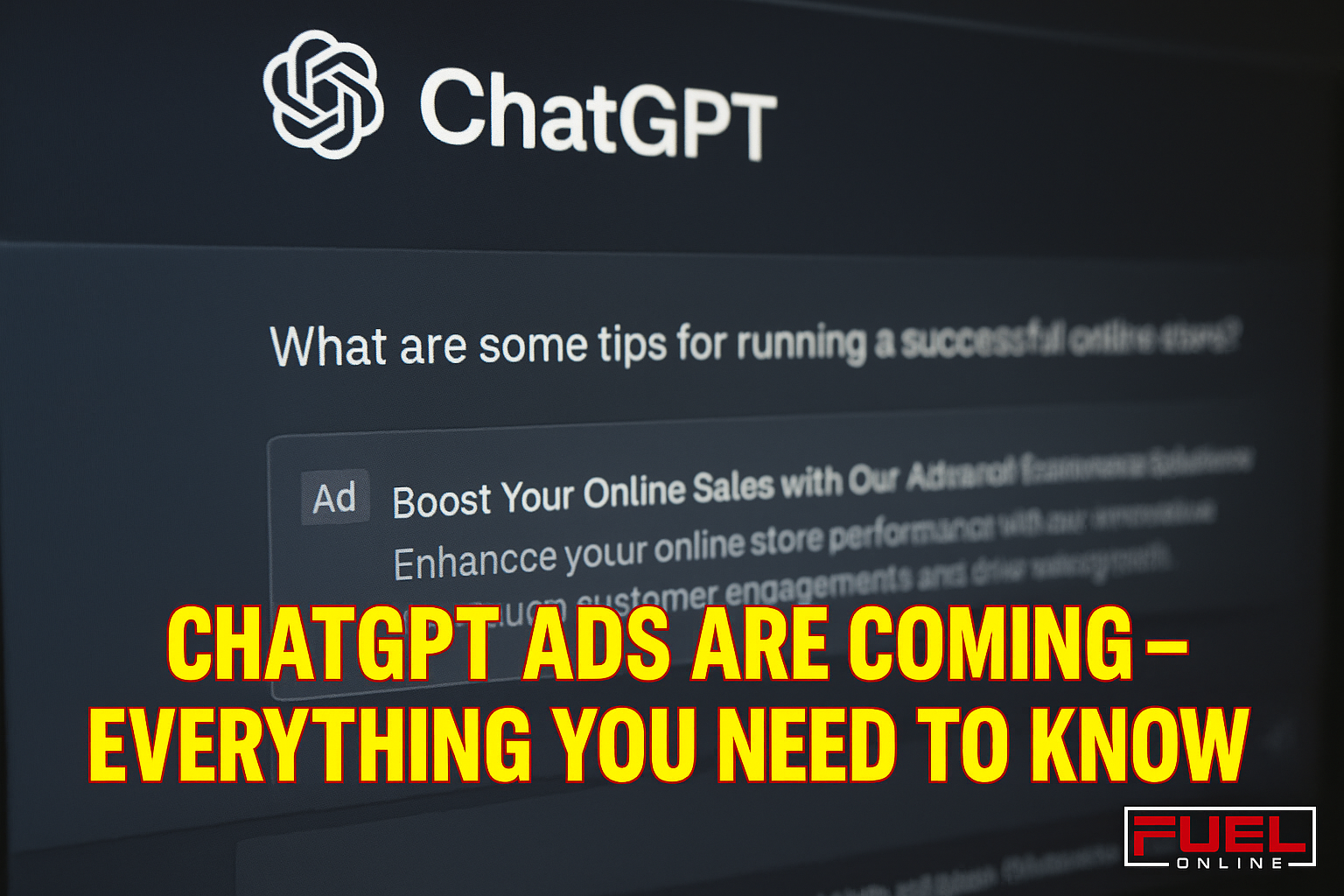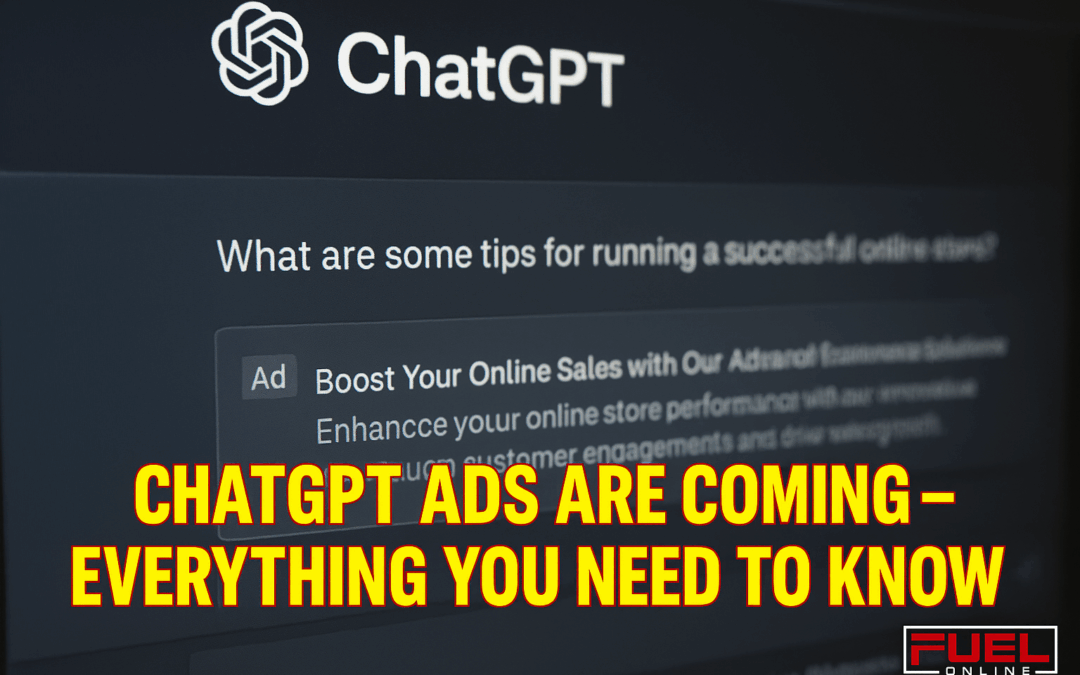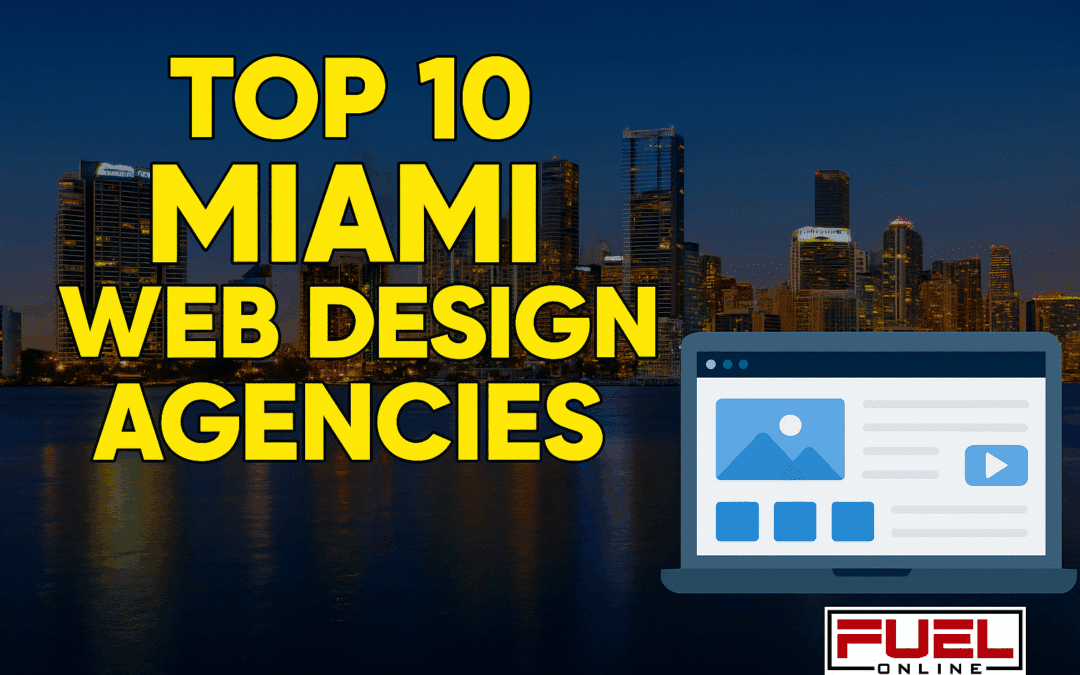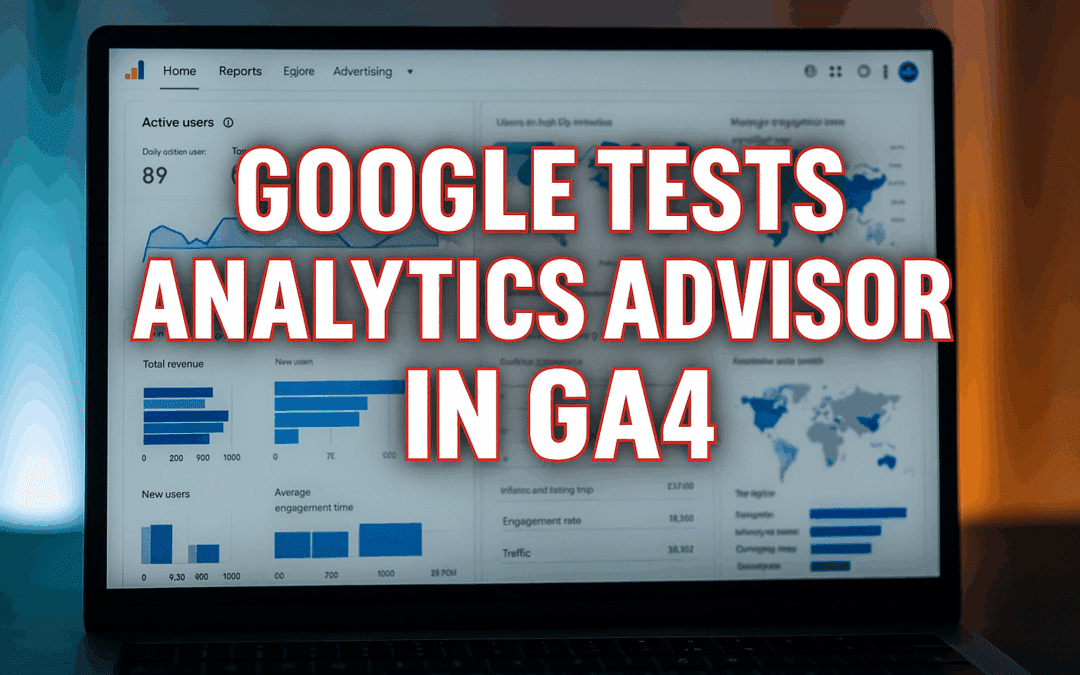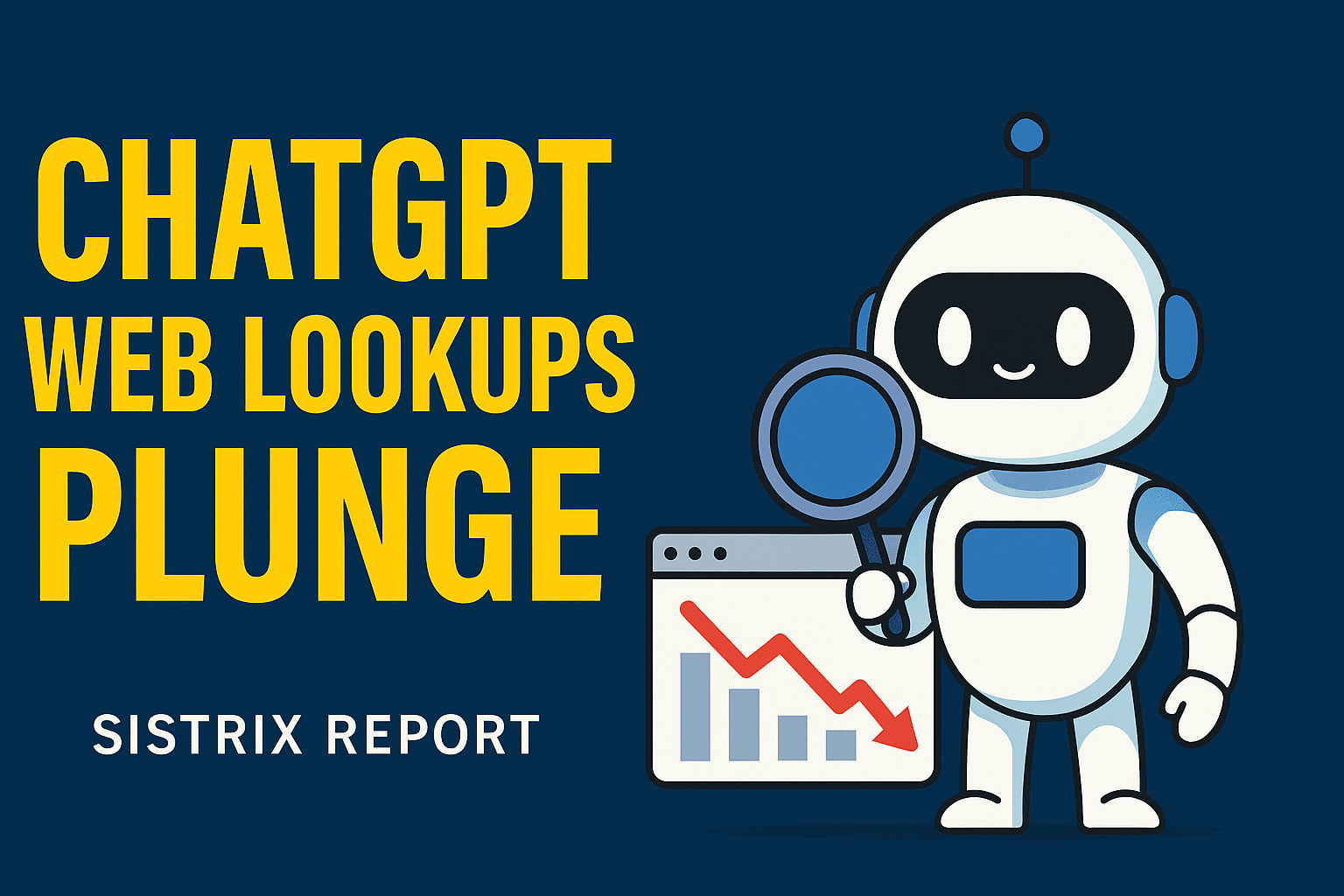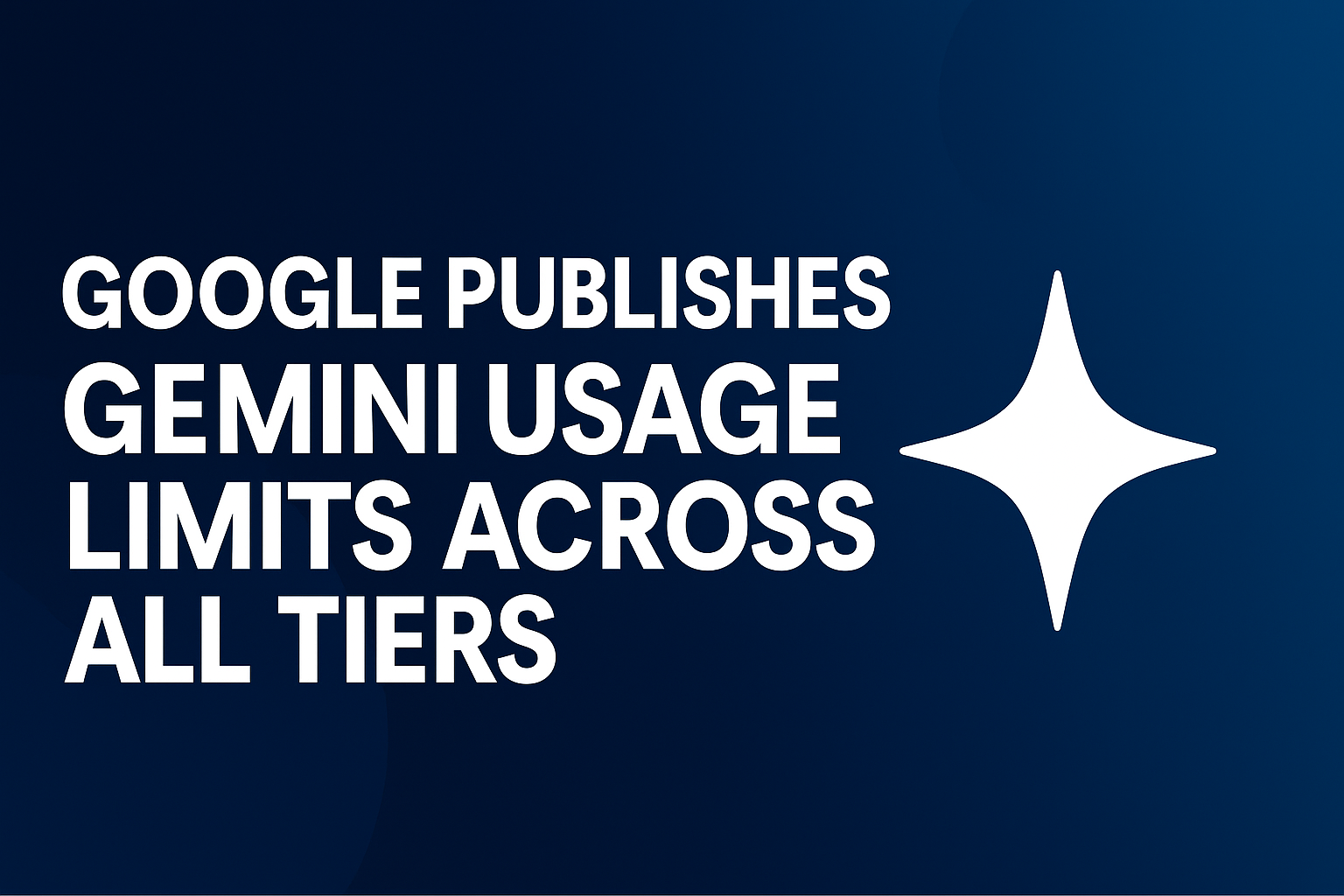In the world of digital marketing, few innovations have captured global attention like ChatGPT. What began as a conversational AI tool is rapidly evolving into a platform capable of reshaping the way brands reach audiences. The next major transformation on the horizon is the arrival of ChatGPT Ads—a system that could change how marketers approach intent, audience targeting, and conversions forever.
If you are searching for a ChatGPT ads agency, ChatGPT ads expert, or ChatGPT ads management service, this is your guide. Below we explore how ChatGPT ads will likely work, what makes them unique, and why the marketers who prepare now will dominate the next era of AI-driven advertising.
Why ChatGPT Ads Are Inevitable
Operating large language models is expensive. ChatGPT has hundreds of millions of users, and maintaining that level of infrastructure costs hundreds of millions per year. OpenAI, like every major digital platform before it, is looking to monetize its massive user base—and advertising is the logical path forward.
For marketers, this shift represents the single most significant advertising opportunity since the rise of Google Ads or Facebook Ads. The difference is that ChatGPT ads will be powered by conversations, not clicks. Every question, follow-up, and clarification in a ChatGPT session contains intent. That intent is data gold, and it is what will drive this new ecosystem.
Unlike traditional search ads that appear next to a list of links, ChatGPT advertising will integrate directly into answers. It will feel natural, contextual, and highly personalized.
How ChatGPT Ads Might Work
Although OpenAI has not publicly confirmed the full details of its ad system, patterns from other AI and search integrations give us a strong sense of how ChatGPT ads will operate.
1. Sponsored Responses
When users ask questions like “best protein powder for women” or “car insurance near me,” ChatGPT may return a natural, conversational answer that includes sponsored recommendations. Instead of intrusive banners, ads will likely appear as helpful, verified suggestions embedded within the AI’s response.
For instance, a query like “how to choose a personal injury lawyer” might display a sponsored suggestion for a specific firm or legal service within the answer text. These placements will blend seamlessly with ChatGPT’s tone and structure while remaining clearly labeled as sponsored.
2. Promoted GPTs and Branded Assistants
Brands can already build custom GPTs within the ChatGPT environment. The next step will likely involve paying for visibility or “featured” placement in these GPT directories. For example, a retailer could promote a “Style Assistant GPT,” or a financial company might feature a “Mortgage Advisor GPT.”
Promoted GPTs will function as branded conversational experiences, guiding users through discovery, qualification, and purchase without ever leaving the chat interface.
3. Contextual Product or Service Recommendations
ChatGPT has begun integrating shopping, booking, and web-browsing features. These capabilities pave the way for dynamic product or service recommendations within chat conversations. Imagine a user asking about ergonomic office chairs and receiving a curated list of models with affiliate or sponsored placements.
This creates an entirely new kind of ad unit: contextual conversational advertising—ads that fit directly into the intent of the dialogue.
Targeting and Personalization in ChatGPT Ads
The true power of ChatGPT advertising lies in contextual intent targeting. Traditional digital ads rely on keywords, demographics, and cookies. ChatGPT, however, operates on natural language and continuous conversation.
This means the platform can understand not just what the user says, but what they mean. If someone spends 10 minutes comparing hybrid cars, then asks about EV tax credits, ChatGPT has inferred a genuine intent to purchase.
Advertisers will be able to target based on:
- Conversational intent (e.g., “buy,” “compare,” “research”)
- Topic relevance (e.g., personal injury law, supplements, travel, finance)
- User geography (through IP or declared location)
- Engagement history within a chat session
This level of targeting precision will deliver the most relevant ad to the most motivated user in real time—something no other ad platform can currently match.
The Auction and Pricing Models
Early indicators suggest that ChatGPT ads will use a hybrid auction system similar to Google Ads and Meta’s performance platforms.
- CPC (Cost-Per-Click): Advertisers pay when users engage or click through to an external link or branded GPT.
- CPA (Cost-Per-Action): Payment occurs only when a desired conversion happens, such as a form submission or purchase.
- CPM (Cost-Per-Impression): Used for awareness campaigns or sponsored answers viewed during conversations.
Given ChatGPT’s scale and unique data depth, early CPC costs are expected to be premium—but the returns will likely justify the price. This will especially hold true for high-value verticals such as legal, finance, healthcare, and tech.
The Impact on Marketing and SEO
1. The Redefinition of Search
As ChatGPT continues to replace traditional search for many types of queries, visibility in AI-driven results becomes the new form of ranking. Marketers will no longer just fight for first place on Google; they will compete for inclusion in AI-generated answers.
2. Conversational Content Optimization
Brands must learn to craft content that feeds AI assistants effectively. This means writing in natural language, structuring data with schema, and building brand entities that ChatGPT can reference.
3. Decline of Traditional Ad Clicks
As more users find what they need directly within ChatGPT, fewer will click through to external sites. This will push marketers toward conversational conversions—leads or sales completed within the chat interface itself.
4. Rise of the ChatGPT Ads Agency Model
Agencies that can navigate conversational UX, data integration, and ad performance tracking will become highly sought after. The ChatGPT ads agency of the near future will combine AI training, ad placement strategy, and conversion analytics in a single service model.
How a ChatGPT Ads Agency Should Operate
At Fuel Online, our model for ChatGPT advertising will center on three phases: Readiness, Creation, and Optimization.
Phase 1: Readiness
- Conduct a ChatGPT brand visibility audit to understand how your company appears within AI-generated results.
- Build knowledge graph alignment so that ChatGPT recognizes your brand as an authority in your vertical.
- Map conversational intent flows—what people ask that connects to your business goals.
Phase 2: Creation
- Develop a custom GPT or branded assistant that reflects your brand voice and service offering.
- Create ad-ready conversational assets: answers, prompts, and scripts that naturally introduce your product or service.
- Set up tracking and analytics to measure chat-driven engagement, lead capture, and conversions.
Phase 3: Optimization
- Test different ad formats and conversational placements.
- Analyze geographic and demographic patterns.
- Integrate ChatGPT ad data with CRM and analytics systems to measure full-funnel performance.
By mastering this framework early, agencies can help clients dominate a channel that competitors are still trying to understand.
The Advantages of ChatGPT Ads
Precision and Relevance
ChatGPT understands nuance. Unlike search ads that depend on limited keywords, ChatGPT ads can interpret meaning, tone, and sequence. This allows brands to reach users at the perfect moment with the perfect message.
Engagement Quality
Users are actively engaged in conversation rather than passively scrolling. This deeper interaction leads to higher conversion intent and stronger brand recall.
Natural Ad Experience
ChatGPT ads will feel helpful, not disruptive. When implemented properly, they can improve the overall experience by offering relevant answers, solutions, and suggestions.
Competitive Advantage
Brands that learn to advertise in ChatGPT early will secure preferred placements, lower CPC rates, and build brand familiarity long before competitors catch up.
Use Cases for ChatGPT Advertising
1. Personal Injury Law Firms
Imagine someone asking ChatGPT, “What should I do after a trucking accident in California?” The assistant explains the legal steps, then presents a sponsored answer highlighting your law firm as a trusted specialist in car, Uber, Lyft, motorcycle, and trucking accidents. That interaction, delivered at the moment of highest intent, can lead directly to a consultation.
2. E-Commerce and Product Discovery
A skincare company could sponsor an answer for “best anti-aging products for sensitive skin,” where ChatGPT recommends their line directly. The conversation naturally leads to a purchase.
3. B2B Services
A SaaS platform could sponsor educational chat flows where ChatGPT guides potential clients through a problem and recommends their solution as a trusted provider.
4. Local Businesses
Restaurants, gyms, medical offices, and home service companies will use ChatGPT ads to appear when users ask local questions. The model favors clear, structured data and proximity-based targeting.
Ethical and Regulatory Considerations
As with any emerging ad system, transparency and user trust are vital. ChatGPT must clearly label sponsored content, and advertisers must maintain truthfulness in all claims. Agencies will need to monitor:
- Disclosure compliance to ensure all sponsored responses are transparent.
- Brand safety, since AI-generated answers could combine content from multiple sources.
- Data privacy regulations, especially when conversational logs are used for targeting.
These responsibilities will create a new professional standard for ChatGPT ads management. Agencies with strong compliance expertise will rise to the top.
Preparing Now: What Marketers Should Do
Here are five steps brands and agencies can take immediately to prepare for the ChatGPT ad ecosystem:
- Build Entity Authority: Make sure your brand is properly referenced across the web with structured data and consistent profiles so AI systems recognize it as credible.
- Audit Conversational Presence: Test how ChatGPT describes your brand and competitors today. This will reveal where your strengths and weaknesses lie.
- Develop Conversational Content: Start publishing FAQs, guides, and scripts written in a natural tone to train AI on your brand.
- Create a Custom GPT Prototype: Even without ads yet, this establishes infrastructure for future paid campaigns.
- Monitor Industry Updates: Follow OpenAI’s product announcements and developer notes for early access programs.
The Role of a ChatGPT Ads Expert
Because the ad landscape is new, demand for ChatGPT ads experts will grow rapidly. These professionals will understand:
- Conversational design principles
- Integration between ChatGPT and analytics tools
- Entity SEO and schema markup
- Ethical advertising within AI environments
- Conversion measurement and optimization inside chat
Agencies that build teams now will have a clear advantage when clients start requesting ChatGPT ad services in the near future.
The Fuel Online Advantage
Fuel Online has been leading AI-driven marketing innovation long before most agencies knew how to spell “GPT.” We built one of the first dedicated AI SEO R&D departments in the country, designed to understand exactly how AI engines interpret and rank brands.
That foundation positions us perfectly for the ChatGPT ads revolution. We understand how to translate conversation into conversion, how to align brand data for visibility, and how to ethically harness this next-generation advertising platform.
Our commitment is to help clients not only adapt but lead. Whether you are a national brand, a law firm, or a local business, we will help you leverage ChatGPT advertising as a core growth channel.
The Future of AI Advertising
The rise of ChatGPT ads signals a shift from keyword-driven marketing to intent-driven marketing. Every business that depends on visibility, leads, and client trust will feel this transformation.
Early adopters will enjoy lower competition, preferential ad placement, and faster learning curves. Waiting until the system is fully rolled out will mean fighting for space in an already crowded market.
This is the perfect moment to partner with a ChatGPT ads agency that understands both the technology and the psychology of search behavior. The goal is not just to advertise inside ChatGPT—it is to shape the experience users have when they seek answers.
Final Thoughts
ChatGPT advertising will redefine how brands connect with consumers. Instead of fighting for attention through endless scrolling, businesses will speak directly with customers in the most human, natural way possible: conversation.
Agencies and brands that start preparing now will have a commanding lead when ads officially launch. Build your conversational content, align your data, and begin developing your assistant strategies. The future of advertising belongs to those who can blend humanity with intelligence—and ChatGPT ads are the bridge to that future.
If your company is ready to explore ChatGPT ads management, ChatGPT advertising services, or strategic consulting to prepare your brand for the next phase of AI marketing, Fuel Online is ready to help.

